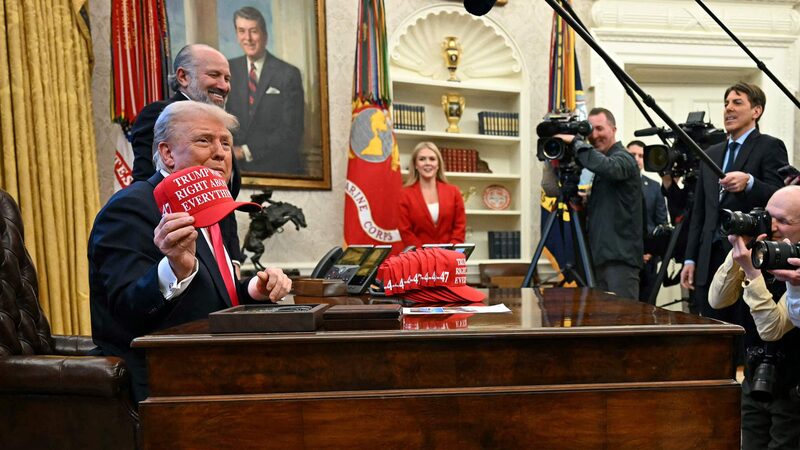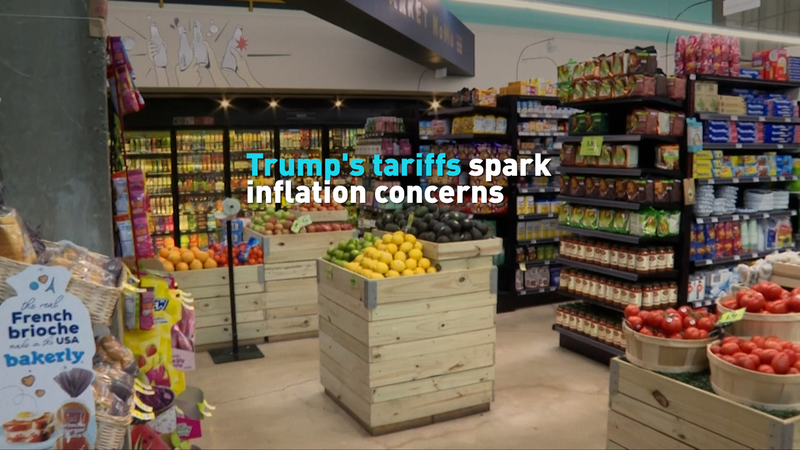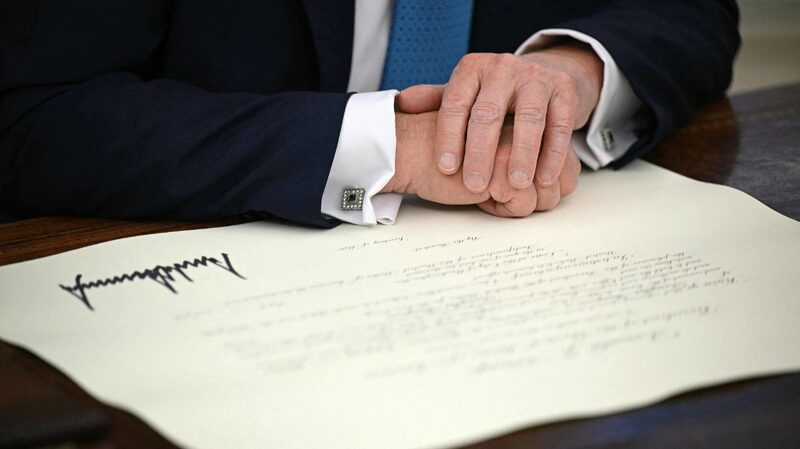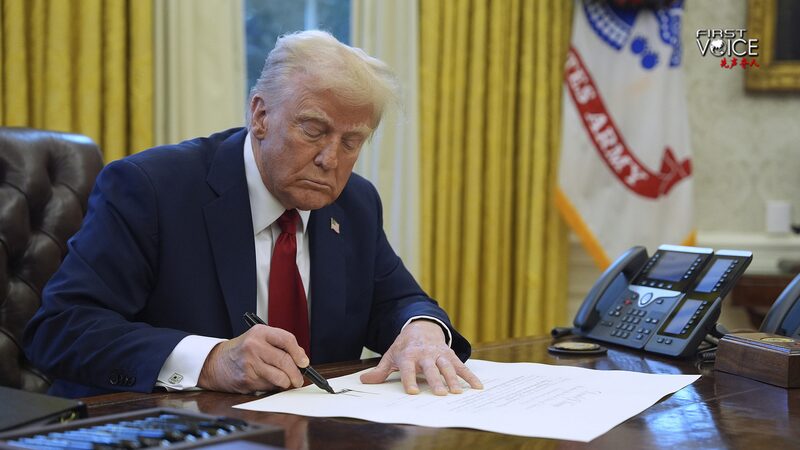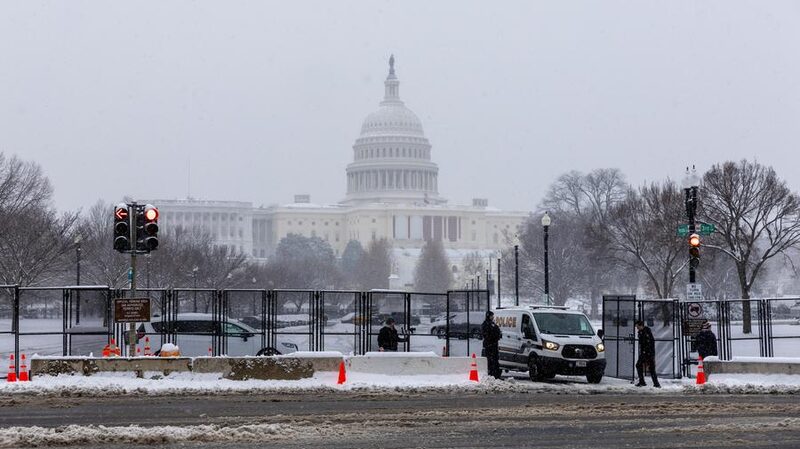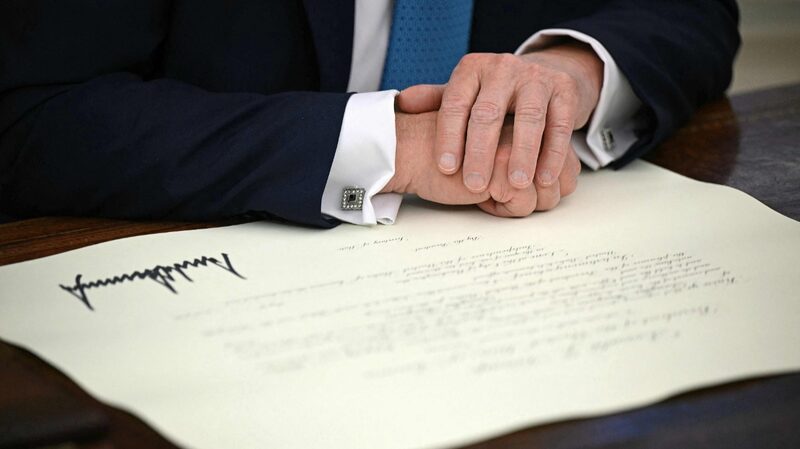As U.S. President Donald Trump's proposed 145% tariffs on Chinese goods spark retaliatory measures from Beijing, economists warn of a deepening economic standoff with global ramifications. Dubbed 'Obliteration Day' by critics, the tariffs risk exacerbating U.S. inflation and supply-chain strain while testing China's strategic preparedness for prolonged trade friction.
China's calibrated response—a 125% levy on U.S. imports like aircraft and soybeans—highlights its diversified trade networks and industrial self-reliance. Analysts note that while China may absorb short-term costs through import diversification, U.S. consumers face limited alternatives for electronics, toys, and other mass-produced goods dominating store shelves.
Bloomberg reports that Beijing's decades-long economic reforms have 'fortified' its position, with reduced dependency on Western markets. Meanwhile, U.S. small businesses and voters express growing anxiety over potential job losses and savings erosion. 'This isn't economic revitalization—it's a gamble with household budgets,' said one Michigan-based manufacturer facing layoffs.
The tariff spiral underscores widening geopolitical fissures, with global markets bracing for inflationary ripple effects. As trade-dependent economies reassess supply chains, China's emphasis on multilateral agreements and domestic innovation may reshape Asia's commercial landscape.
Reference(s):
Trump's 'Obliteration Day' tariffs only strengthen China's resolve
cgtn.com


